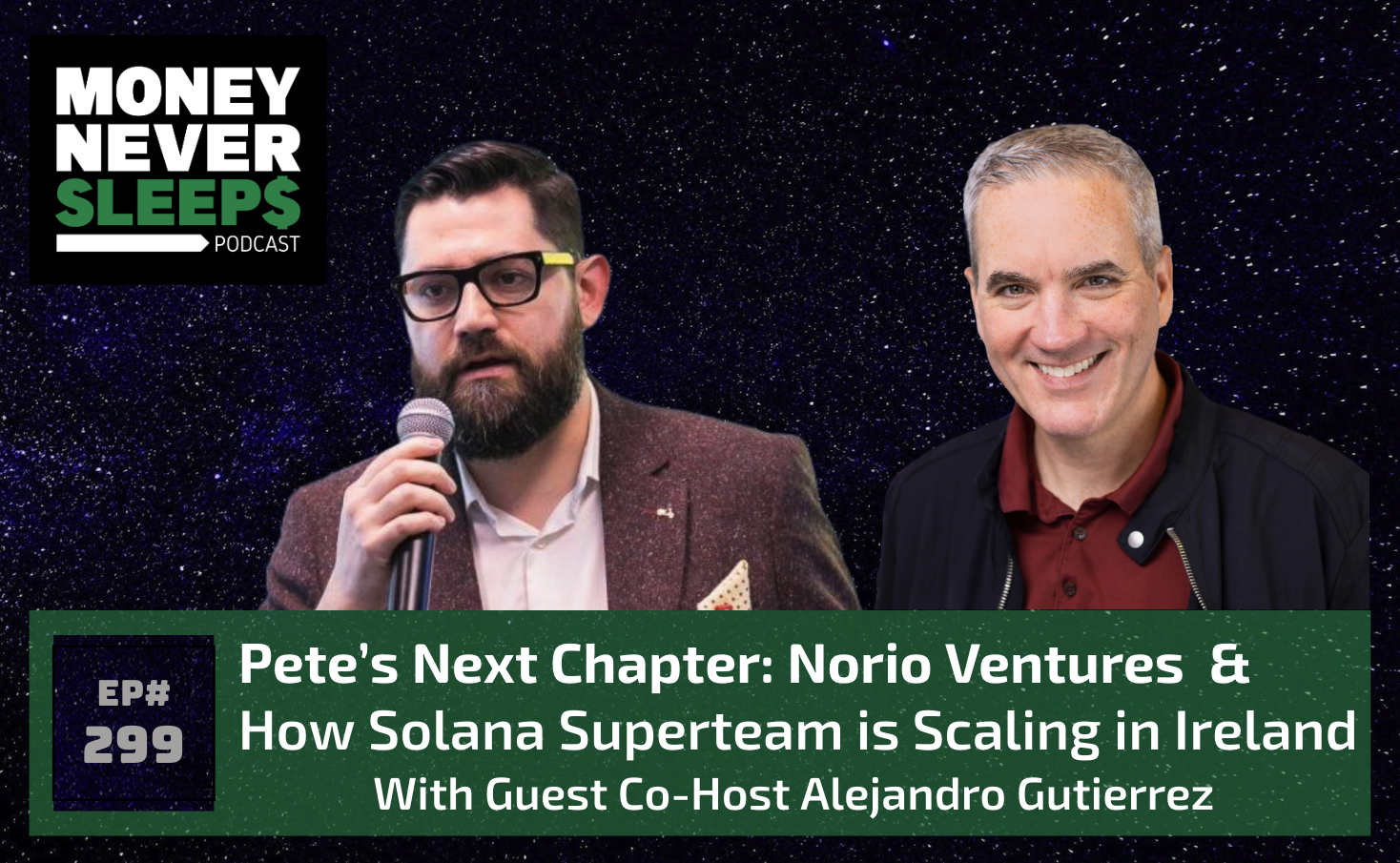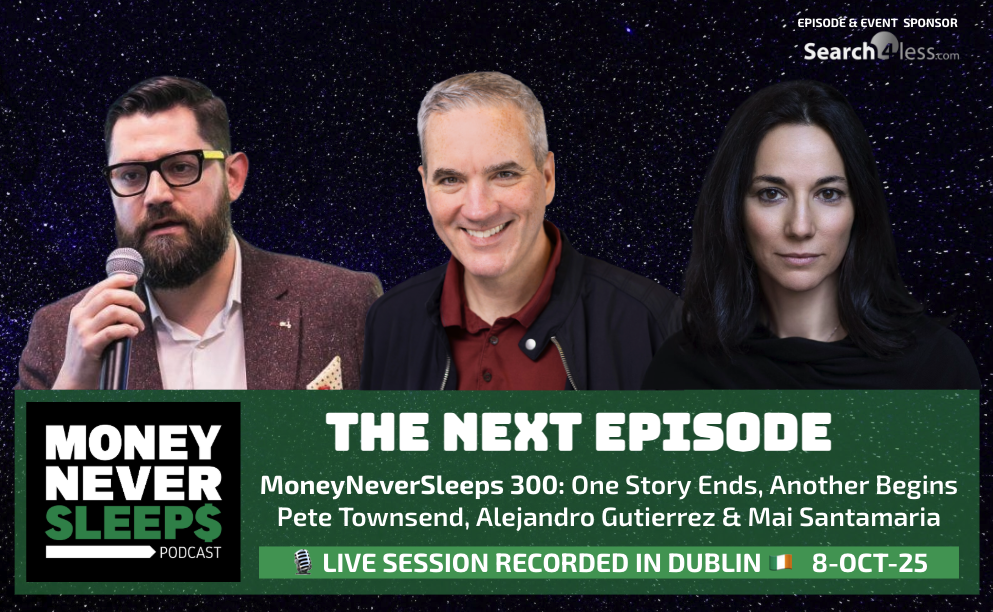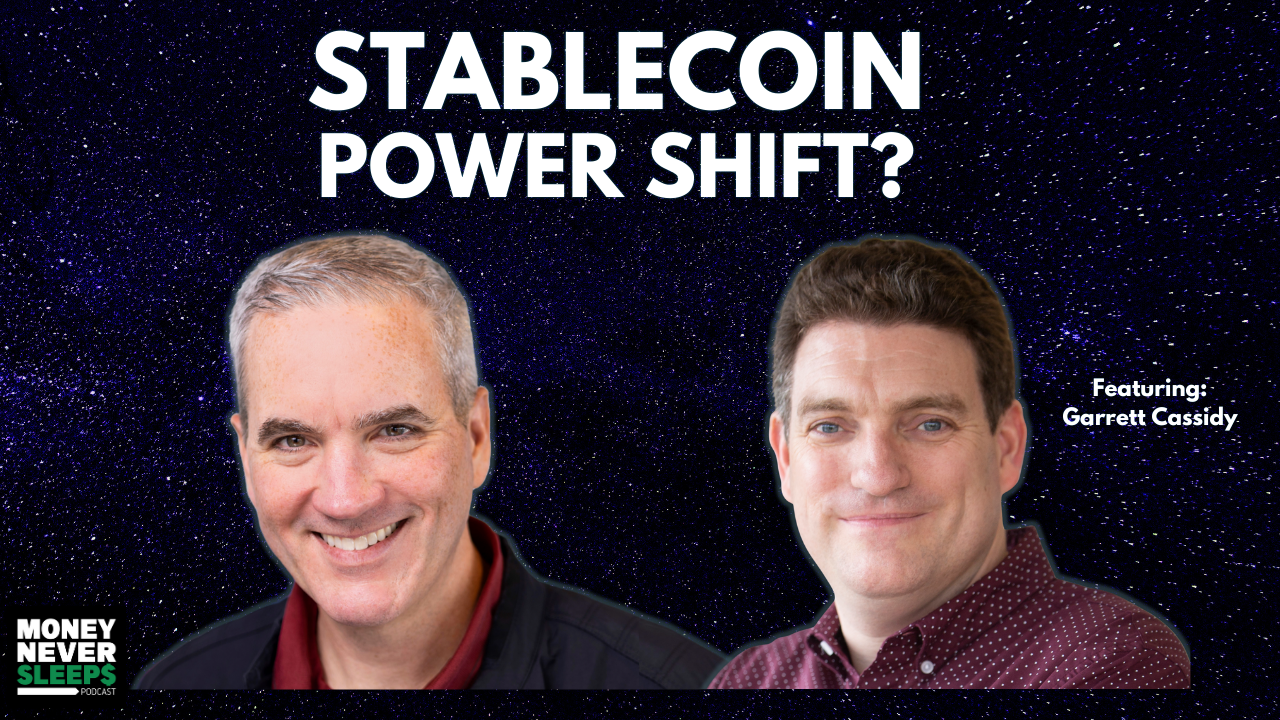087: Ultra Violet: Conor McGinn & Akara


Conor McGinn from Akara joins the show to talk about the human side of robotics, drawing motivation from skeptics, having all of the ingredients to scale a robotics and artificial intelligence business in Ireland....and how Akara are like a prize fighter in the best shape of their life just waiting to take on the world!
This episode is kindly sponsored by Ireland’s fintech and financial services recruitment specialists, Top Tier Recruitment. If you would like an intro to the team at Top Tier Recruitment, please click here.
This week we talk to Conor McGinn from Akara Robotics, an Ireland based startup building robots that care. Akara are currently engaged in their seed round to raise capital from investors to bring their innovations to market quicker, and Pete was introduced to Conor through Eamonn Carey's 'Sharing Dealflow' newsletter. Given the direction that this podcast has gone in the past two years from its fintech roots into a few tech-driven human interest stories but then an exploratory dive into crypto, blockchain and venture capital, it's about time we took a look at robotics. Conor really got Pete Townsend thinking on this one, especially with Akara’s sense of purpose and making an impact through deep expertise in robotics and artificial intelligence combined with first-hand experience with the problems they’re solving.
Akara is a spin-out company from Trinity College Dublin, and builds on over a decade of pioneering scientific research in robotics and artificial intelligence. This research goes all the way back to 2010 when Conor was a PhD student, and then an Assistant Professor at Trinity from 2014 onwards. After years and years of researching, designing, building, researching, designing, building, let's fastforward to today - Akara’s social robot designed to help keep seniors socially connected, whose name is Stevie, recently made the cover of Time magazine with the headline, “The robot that could change the senior care industry.” A few months after Time's coverage of Stevie, Akara's second robot, Violet, was also covered by Time magazine as "the robot that could kill the COVID19 virus".
At his core, Conor is an engineer who just wants to develop technology that has a positive impact. Some of the top soundbites from this episode are highlighted below:
- "With Stevie, we focused on retirement communities as a user base, there’s a huge supply shortage of workers in that space, and we felt that a robot like Stevie could be really helpful in enabling staff to do more with less."
- "When you have a small team with the small budgets we had, and you tell someone we’re going to build the most advanced robot out there, you’re going to have people looking at you with some skepticism."
- "We built the first Stevie with a €5,000 budget in three months in 2017, just to provide confidence that we can get this done. The next one took us quite a bit longer, as it has far greater interaction and artificial intelligence capabilities. That one took us 14-16 months, and we’ve spent as much time testing it in the field."
- "At this stage, it would only make sense for us to build more than one if we were to just ship them and leave them out there. The problem with that is that you don’t learn from how it does in the environment if it’s just sitting there and someone else is looking at it."
- "If we can develop technology that can enable people in elder care jobs to upskill, get new opportunities and do more with less, we think we can improve conditions in that industry, and we think that’s worthwhile."
- The sacrifices you have to make as a founder to be successful are high, and if you don’t see value in what you're doing beyond making money, then what are we doing this for?
- "When you’re raising your seed round, it’s always challenging as it’s the most vulnerable stage you’re at because you haven’t done anything yet. Even though we come from a university where we’ve managed to show that we’re capable of building this technology and we’ve got an experienced team that’s been together for a while, we’re pitching to a different audience."
- "We operate quite differently than other robotics startups as the amount of time we spend in the field with users is probably more than people would expect. Over the last 18 months, I’ve been spending a number of months not just testing in the field, but staying in and living in nursing homes."
- "We have a lot of experience with prototyping, and that’s how we’ve gotten something like Violet from an idea to testing in a week, and that’s how we’ve gotten clinical validation from hospitals in a month. It’s the practice that we’ve refined in university as well as the science. As we scale, we’ll grow as an organisation while keeping those critical processes in place."
- On the personality trait that has been most helpful to him: "Resilience - I lost count a long time ago of the number of people that looked at me skeptically when I’ve pitched what we were going to do. One of my litmus tests was “will people think this is impossible” and it was only if they said yes was it something I was interested in."
- "Not having a fear of failure has been something that has really galvanized the team over the years. What’s differentiated us the most though is empathy - with a lot of robotics companies, they get sidetracked by the technology as in ‘look how cool this is’. and lose sight of the human side of things."
- "We’ve embraced that collaborative mindset - try to find like-minded people, try to find the common ground to work on, try to find the areas where we add value and we add value, and let’s be a team on this."
- On having helpful advisors as a startup founder: "One of the big decisions is this - does it make sense to hit the brakes on Stevie and focus on this new robot despite the fact that we were on the cover of Time magazine four months ago? These are big decisions where you want to be able to trust other people’s judgement as well as your own. "
- "The people we lean most on as a sounding board are our team. Most of the people we’ve been working with have been together for five to six years and they have as much experience with robotics as I do, and they play devil’s advocate better than anyone else."
- On scaling in Ireland vs. San Francisco: "The best way to scale this is to scale it here. Build it on our doorstep, scale it nationally, and we have an ideal situation where we can make it work somewhere else as well."
To listen to more, please visit https://www.moneyneversleeps.ie/ for all of our other episodes. Also, follow us on Twitter @MNSShow, @PeteTownsendNV and @EoinFitzgerald9 for updates and more information.

































